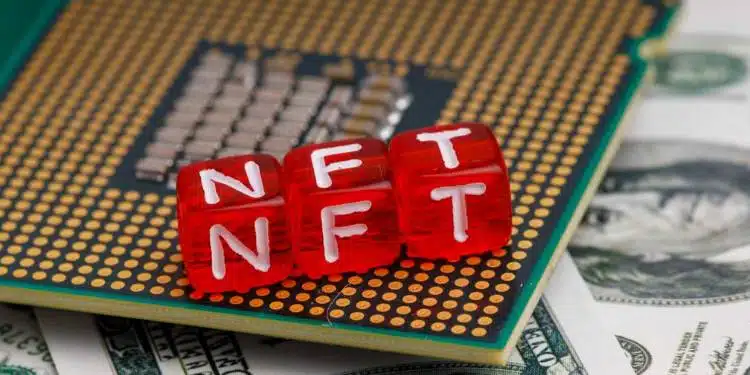What the heck does “fungible” mean?
“Fungible” is not a term with which I was familiar until recently. Now, it seems everyone is talking about “non-fungible tokens”.
So what does it mean? Fungible is an adjective that refers to something that is indistinguishable from another thing. It is interchangeable, substitutable or uniform. So, for example, if someone borrowed $20 from me, they could repay me with the same $20 bill, a different one, two $10 bills, or four $5 bills. As the value is the same, it doesn’t matter to me how they pay me back. A commodity, which is anything we use for money whether gold, beads, or stocks, must be fungible before it can be traded. Here’s another example. I bought five shares of Amazon stock in 2020 and another ten in 2022. Though purchased at different times, they are exchangeable, regardless of when I bought them.
“Non fungible tokens” (NFTs)
OK, so now you know what fungible means. Non-fungible tokens, or NFTs, in contrast, are a type of cryptoasset where each token is unique and therefore not interchangeable. For this reason, they are different than “fungible” assets like bitcoin and dollar bills which have the exact same value. Because of their uniqueness, you can use them to authenticate ownership of digital assets. But how exactly are they used?
Mark Cuban is one of the first well-known investors to talk about NFTs, long before they became a billion-dollar business. He provided a simple explanation in layperson terms that helped clarify the concept of NFTs for me on a recent Shark Tank episode. I also did some additional research on my own as there is a lot to learn. Here’s what I know: In a nutshell, non-fungible tokens are digital certificates of ownership that can apply to a wide variety of items. Examples are art, music, sports collectibles, virtual real estate and in-game items (points a player can purchase for use in a virtual world to enhance their playing experience).
Think of an NFT as sort of a digital trading card, except each is one of a kind. There are no copies, unlike other digital assets, which preserves the rarity of the digital asset. And only one person can own the original.
Minting an NFT
Minting an NFT is the process of making the digital certificate and recording various bits of information on an open blockchain. Anyone interested can track them as they’re created, traded and sold.
For those not familiar with blockchains, the term got its name from its two key components; Blocks of data appended together in chronological order make a growing chain of transactions visible to anyone on the network. Because blockchains run on a decentralized network of computers, called nodes, they enable a peer-to-peer system without any third-party involvement. These secure transactions reduce the risk of fraud and duplication.
The benefits of minting an NFT include:
- It allows numerous parties to own a stake in the digital asset.
- Not only can you trade, buy, or sell unique stakes in digital assets, it’s possible that artists can receive a cut of the sales in the future.
- You can store the asset’s value in a tangible way — similar to how a physical coin can be minted with a specific precious metal concentration.
- Thanks to the security of the blockchain and the built-in scarcity, NFTs are generally considered safe.
Is investing in NFTs a good idea?
The answer is maybe. You need to first understand that NFTs by themselves are not investments. Non fungible tokens use blockchain technology to digitally signify ownership of something, which means an NFT is more like a title to a car rather than the car itself. Before investing, make sure you know the value of the underlying asset; it’s not a good idea to buy an asset just because it’s tokenized into an NFT. You wouldn’t buy a car just for the paper title that comes with it; you decide to buy because you want the car.
Kevin O’Leary, aka Mr. Wonderful, believes NFTs will become bigger than bitcoin. We’ll see what happens. As for me, I don’t know feel I know enough about the platform to comfortably invest right now. If I had excess disposable income, I might give it a shot, but for now I’ll wait until I learn more. What are your thoughts?











Great explanation of something I know very little about. Not sure how I feel about crypto currency one day becoming the favored form of payment. I can’t hold in my hand, like paper money or coins, but maybe I’m just old school!.
Thanks for sharing your thoughts. I have mixed feelings too!